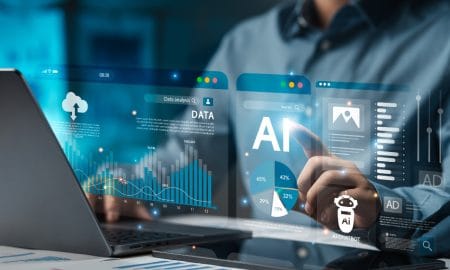Meta is constructing Hyperion, a new data center in Louisiana that will eventually supply 5 gigawatts (GW) of computing power for its AI lab, CEO Mark Zuckerberg announced Monday. The facility, large enough to cover most of Manhattan, will scale up from 2 GW by 2030 to 5 GW in the years after.
Hyperion joins Meta’s planned 1 GW supercluster, Prometheus, set to go online in 2026 in New Albany, Ohio. Combined, the two centers mark Meta’s aggressive move to compete with OpenAI, Google DeepMind, and Anthropic in building and training frontier AI models.
Prometheus and Hyperion are designed to meet the massive computational demands of advanced AI systems, and to attract top AI talent – part of a broader strategy that’s already included high-profile hires like former Scale AI CEO Alexandr Wang and ex-Safe Superintelligence CEO Daniel Gross.
However, the environmental toll of AI data centers is growing. Meta’s past projects, such as in Newton County, Georgia, have been linked to local water shortages, and other data center developments across the U.S. are raising similar concerns. CoreWeave, another AI hyperscaler, is planning an expansion that could double the electricity demand of a Texas city.
U.S. officials, including President Donald Trump and Secretary of Energy Chris Wright, have supported the AI infrastructure boom. Wright wrote in The Economist that the government would accelerate energy production to fuel AI growth, calling intelligence the “most valuable output imaginable.”
Data centers may consume 20% of U.S. electricity by 2030, up from 2.5% in 2022, according to experts. Without major increases in energy supply, AI’s rise could increasingly strain American communities.






